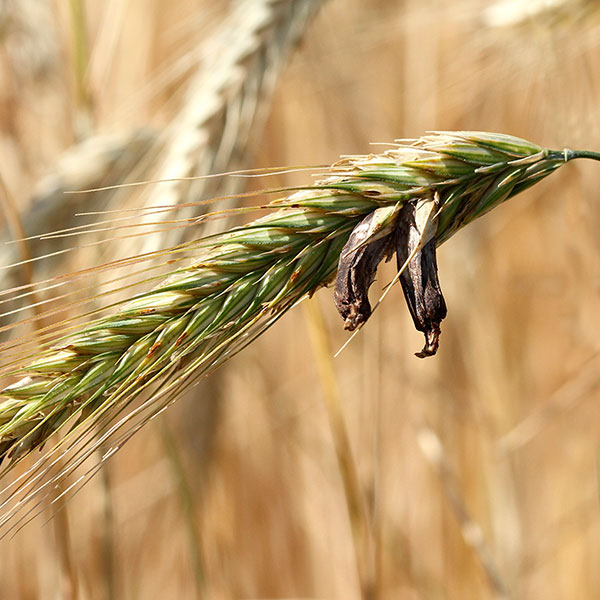PEOPLE
Divided opinions
Disappointments, challenges, criticism: We look at the demise of a science magazine, the looming food crisis and the behaviour of students.

Image: René Ruis
Beat Glogger, the founder of the online science magazine Higgs, is frankly disappointed. After four years of activity, it’s the end. In an interview with the magazine Medienwoche, he discusses some of the reasons for its failure. One of them is the refusal of the people at the ballot box to extend media funding. But it’s not the only one. For Glogger, there was insufficient high-quality content. That would have required a lot of start-up capital, which Higgs did not have. The magazine suffered from a drop in subscriptions after the pandemic and the withdrawal of some sponsors, leading to financial losses that could not be absorbed. Another disappointment came from the reluctance of universities to pledge financial commitments to the magazine’s continued existence. (ef)

Image: zVg
For Christian Nils Schwab, the director of the Integrative Food and Nutrition Center at EPFL, alternative proteins based on plants, insects or synthetic meat are a valid option for solving the looming food crisis. Schwab, who is helping to develop new technology in the field of nutrition, sounds a warning in an interview with Bilan, citing as causes population growth and rising purchasing power. Although the crisis has yet to bite, it is already compelling us to rethink our diet. In Switzerland, this means, among other things, cutting our meat consumption by a factor of three, limiting individuals to 15 kilos per year. (ef)

Image: zVg
In an interview with the daily newspaper Neue Zürcher Zeitung, Andrea Franc, a science historian at the Universities of Basel and Lucerne, criticised humanities students. They take too long to complete their studies, she said, they tend to work on a part-time basis more than they should, and they draw social benefits. This leads to a process of redistribution from the bottom to the top, she claimed – and she added that one out of 15 people in a history seminar were in a cannabis-induced stupor, while others were playing with their mobile phones. Franc had to endure fierce criticism after her interview, not least because she had only taught twice in Basel in ten years, with a total of 30 students. The Tages-Anzeiger newspaper subsequently went on a fact-checking exercise and found that four out of five statements by her were either false or unverifiable. (ff)




